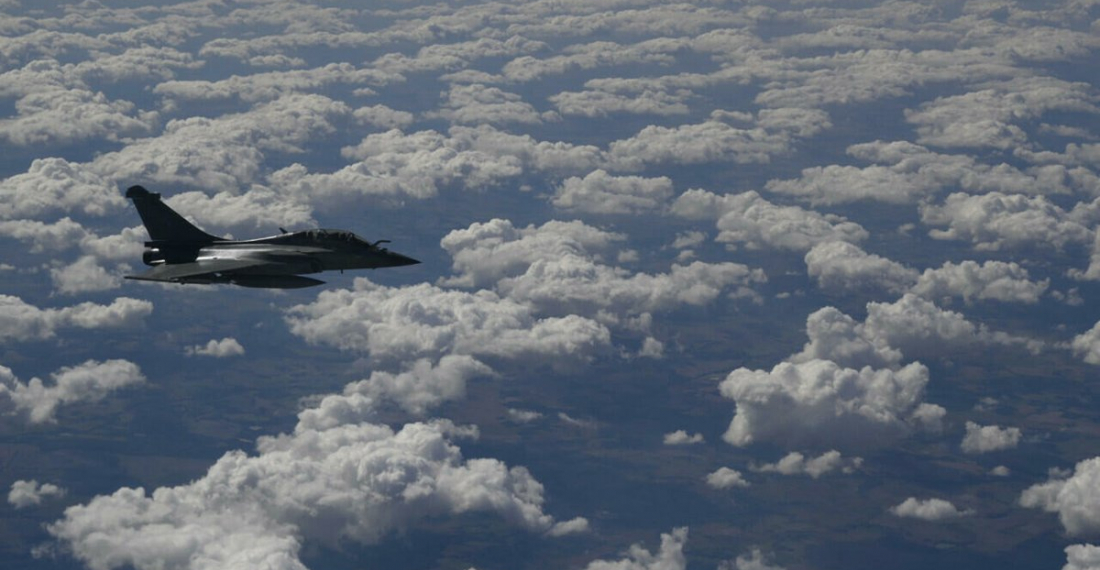For the first time since October 2021, a French aircraft was able to fly over Algerian territory with formal authorisation from the local authorities, symbolising a diplomatic thaw in relations between the two countries.
In October 2021, the Algerian government banned French military aircraft from flying over its territory and demanded the immediate recall of their ambassador from Paris, after the French President Emmanuel Macron declared that Algeria had been building itself on a "memory rent" since its independence in 1962. These remarks had offended the local authorities because they questioned the existence of an Algerian nation before the French colonisation.
That said, today, the two historical partners intend to revive their ties, the Algerian embassy in Paris having recently welcomed the new "ascending dynamics of appeasement".
This news is particularly timely as Algeria's help is needed in assisting the orderly withdrawal of French troops from Mali after nine years of anti-jihadist struggle.
Algeria shares 1,400 kilometres of borders with Mali, and joined in the Malian peace agreement signed in 2015, which put an end to the war.
On Thursday (17 February), after meeting with his Algerian counterpart, French Army chief of Staff Thierry Burkard said the two countries had a common desire to strengthen cooperation between the two armies.






